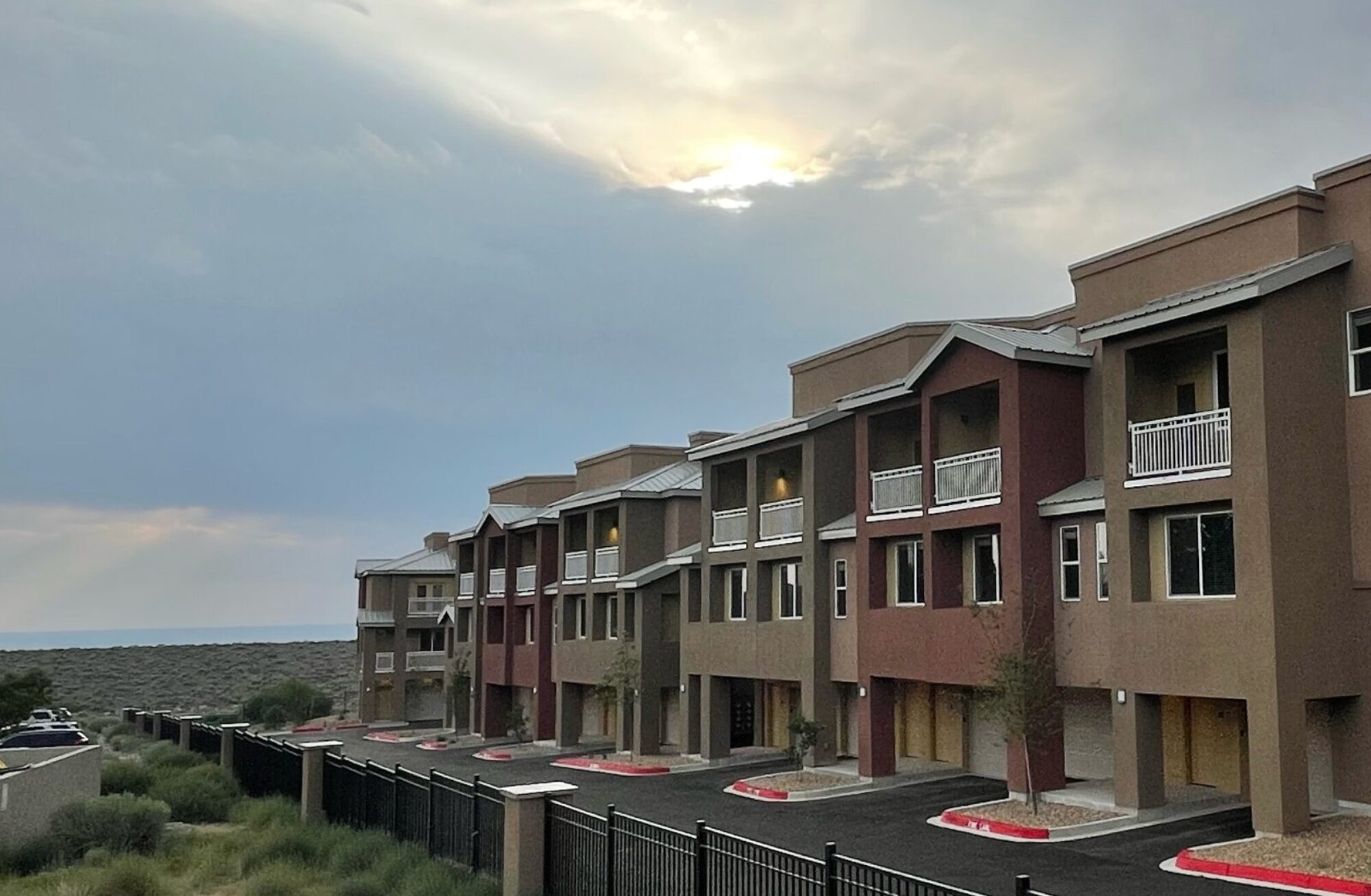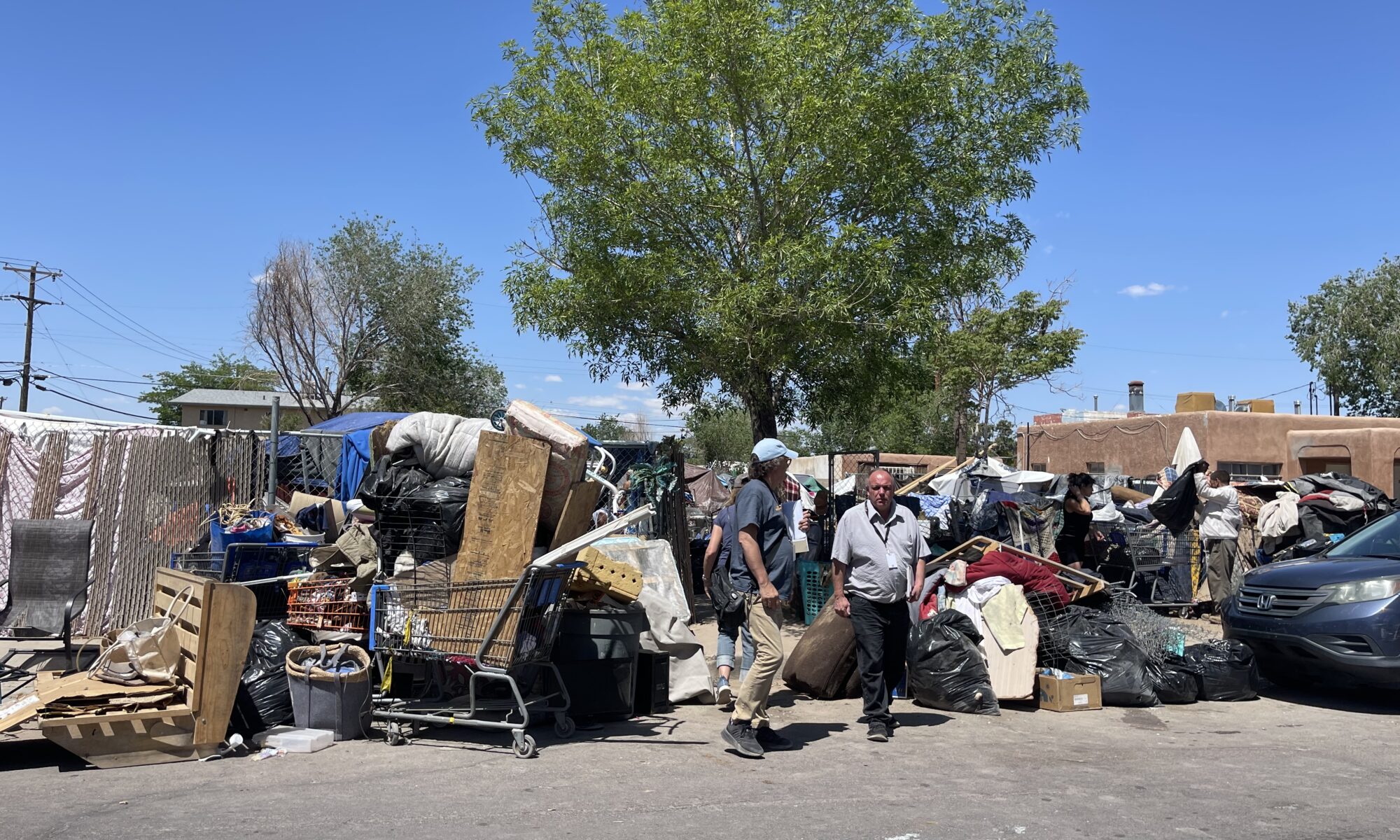What follows is not research or a specific policy proposal, although I have made them here, and here, and here. Homelessness is complicated and, I think, difficult to define because people living out of conventional housing have a myriad of reasons why they do. What does “conservative” mean. That too is not easy to define, but I do here and in the following I mean neither social conservatism, nor libertarian but economic liberalism as described by William Grampp in his multivolume assessment title Economic Liberalism: “In a liberal economy the choice of how to make decisions is not necessarily a choice between government and the market and it is not even a choice among different combinations of government and market. Between the two there are many forms of voluntary collective action such as that of cooperatives, philanthropies, nonprofit organizations, limited-profit firms, quasi-public or quasi-private organizations, and unions. In groups of this kind, individuals can change the composition of the national output, the way it is produced, and the way it is distributed.”
During my recent work in Albuquerque with a community developing a community land trust, an encampment of homeless people formed. That community was supported by a groundswell of support among housed people in the neighborhood, arguing that while the encampment was illegal and on private property, the people living there should be respected and supported and only removed to a viable shelter option. I think there is a strong conservative argument to see these sorts of spontaneous encampments as part of the solution to mental health and addiction issues creating what today we call the “homeless crisis.”
Encampments with improvised shelter represent, perhaps, the best way out of the problem of encampments themselves. When these associations of people form, it is a demonstration of spontaneous order. If, as Hobbes suggests, nature is a war of all against all, certainly we can see that encampments are an effort to patch together a social contract, an effort to seek governance and sovereignty.
Conservative language revolves around, “leaving people alone,” and living on the streets is truly being alone in a state of nature. If people living in this state band together, aren’t they demonstrating in front of our eyes, the assembly of the basic building blocks of civil society?
My late experience with an encampment was validation that people when faced with the desperation of solitude and the various dangers of the street, will combine quite spontaneously for mutual protection and the advantages we take for granted like being able to leave or worldly possessions without worrying they’ll be stolen. Remember, these are people living outside the rules of society, autonomous, seeking to hand over some of that autonomy for safety and predictability.
The encampment I experienced began to demonstrate the most sophisticated behavior of any society: NIMBYism. Because the safety and solidarity of the camp was attractive, more people arrived, frustrating those that arrived first and proving one of the basic laws of economics, supply and demand, and of real estate, location, location, location. And Yogi Berra; no one goes there anymore, it’s too crowded.
Homelessness or living on the streets is not liminality as described by Victor Turner in his essay Liminality and Communitas, a departure from social structure with the intention of gaining experience and knowledge from a less ordered experience of reality and an eventual return, earning credibility and even promotion within the social order. Instead, those who fail to function in the social order exit that order into chaos, where the marginal rates of substitution favor drug use, crime, and self-destruction. As one member of the community said, “You throw way our things and our tents and wonder why we steal things and tents.”
The rinse and repeat cycle of “sweeping” encampments has produced nothing but a cat and mouse game. It is understandable that the apparent chaos and shambles of an encampment seems to represent disorder, yet it is anything but that. Instead, encampments are a demonstration of human capacity to survive. Ironically, because the diffusion of street living becomes concentrated and visible, the powers that be must stamp it out, not recognizing that every single bad thing that could happen, in an encampment happens every day in corners, alleyways, and parking lots, diffused and unseen. Support of the instinct to create order out of chaos with effective and consistent case management could create a path back into functioning within the dominate social order.
It is understandable that the apparent chaos and shambles of an encampment seems to represent disorder, yet it is anything but that. Instead, encampments are a demonstration of human capacity to survive.
Homelessness is not a simply a housing problem; it is a mental health crisis. Mental illness is endemic in American society. It is like what we call the “common cold” or the flu. When people have a compromised immune system or comorbidities, these endemic diseases can kill or disable. We need to think of what we typically call “homelessness” like this. My anxiety and depression are managed with a variety of techniques most of us use, ranging from behaviors like exercise to drugs like alcohol or antidepressants. Mental illness is not a glitch, but a feature of modern American life; the fact that we treat it as outside the norm contributes to its virulence when untreated or treated ineffectively. Handing someone living in the streets an apartment key doesn’t substantively address trauma, addiction, and mental illness.
What makes the difference between a person who is living under a bridge surrounded by foraged and hoarded items and someone like you is the quantity and quality of risk and protective factors. More protective factors like an income, a family, insurance, and a car will mean mental health issues won’t likely lead quickly to a series of crises that lead to taking powerful drugs on the street.
We need to change how we think about mental illness. Until we do, we’re going to have many dislocated people on our streets. We have a pandemic of acute mental health issues aggravated by drugs and poverty. Building more units won’t solve this and neither is criminalizing the outcomes of the illness nor, in the case of encampments, a demonstrable effort by suffering people of responding to their own pain through collaboration and self-government.
Friedrich Hayek in The Use of Knowledge in Society prescribes a solution to change and complexity that isn’t a prescription at all, but a stance of humility in the face of what we cannot know, affirming that “the ultimate decisions must be left to the people who are familiar with these circumstances, who know directly of the relevant changes and of the resources immediately available to meet them. We cannot expect that this problem will be solved by first communicating all this knowledge to a central board which, after integrating all knowledge, issues its orders.”
Who can speak to life on the streets? People on the streets. When they resist shelter options that don’t allow pets or partners or are dangerous and unhealthy, they are delivering the data on the marginal rates of substitution that guide their choices. When they choose a collaborative encampment, they have expressed the free will of the market, giving up some autonomy and facing the risk of being swept in exchange for some security and predictability.
I’ll quote from Jacob Viner’s review of Hayek’s The Constitution of Liberty,
“This important and challenging book presents a learned and powerfully argued brief on behalf of the propositions, that, in general, the maximum possible amount of “liberty” or of “freedom” from “coercion” is both practicable and urgently to be desired, and that the encroachments on freedom which prevail even in the western world are a major evil, in their actual and prospective consequences, if not in themselves.”
Yet, order is the central ingredient of a functioning social order. People living in improvised housing and forming communities are often strong people who could, given the protective factors those in the median enjoy, thrive. But aren’t we rewarding vagrancy by allowing encampments and providing case management and more secure shelter options? Maybe. But what w we rewarding, really? Genuine human effort to survive.
I don’t have any illusions that patient engagement with people on the streets who form communities will lead to a wholesale end to people living in the streets. But regardless of the decision on the Johnson v. Grants Pass case, we simply must change our approach. We shouldn’t facilitate addiction or service it. But criminalizing spontaneity makes no rational sense, whether aimed at developers trying to meet demand for a housing or people on the street banding together to survive.


